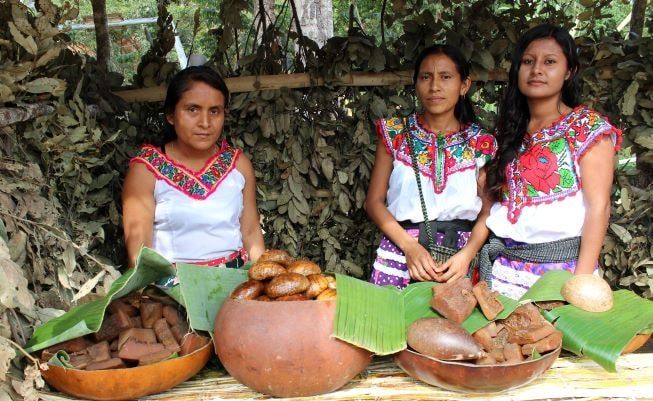Indigenous communities in Mexico must be respected and valued
There are people in the country who deny the existence of these peoples. Oaxaca, Chiapas, Veracruz, Puebla and Yucatan account for 61.09 percent of the total indigenous-speaking population.





